(Page 151)
Lesson A
Present Continuous
We use the present continuous to talk about things that are happening now (or around the time of speaking).
| Affirmative and Negative Statements |
| I
He / She / It
You / We / They | am ('m) are ('re) | playing soccer (now). |
| Yes/No Questions |
| Am Are Is | I you / we / they | playing soccer? |
| Short Answers |
| Affirmative Statements |
| Yes, | I he / she /it you / we / they | am. is. are. |
| Negative Statements |
| No, | I he / she /it you / we / they | 'm not. isn't. aren't. |
| Wh-Questions |
| What Where | am is are | I he / she / it you / we / they | doing? going? staying? |
Spelling rules:
Add -ing to most verbs: play → playing, do → doing
With verbs ending with a consonant + -e, drop the e before adding -ing: have → having, come → coming
Double the final consonant for verbs that end in consonant-vowel-consonant (not including verbs ending in -w, -x, or -y): sit → sitting
A Write complete sentences using the present continuous.
1. They / play / baseball / now. __They're playing baseball now.____________
2. I / not / study / today. ___________________________________________________
3. It / rain / outside. ________________________________________________________
4. We / not / do / any exercise. ____________________________________________
5. Sarah / climb / and / hike / in the mountains. ___________________________
6. My family / go / on vacation / this morning. ____________________________
7. Barcelona / play / against Real Madrid today. ___________________________
8. I / do / yoga. _____________________________________________________________
B Match the questions to the answers.
1. Are you working today? ___________
2. Is he driving to your house? ___________
3. What are Peter and Sue doing? ___________
4. Where are you walking? ___________
5. Are we meeting in this room? ___________
6. What are you watching? ___________
a. No, he isn't. He's taking the bus. d. Yes, we are. Let's go in.
b. In Yosemite park. It's beautiful! e. Basketball.
c. I think they're studying today. f. No, I'm not. I have a day off.
Simple Present and Present Continuous
Use the simple present to talk about:
• Habits and routines: I play soccer once a week.
• Things that are true all the time: In soccer, each team has 11 players.
(Page 152)
Use the present continuous to talk about:
• Things that are happening now or at the moment of speaking: I'm studying English (at the moment).
• Things that are happening around the time of speaking or temporary situations: I'm working for a company in London.
C Write the verbs in parentheses in the simple present or the present continuous.
Helen: Hi, Chen. It's Helen. I (1) ___________ (call) from the gym.
Chen: What sports (2) ___________ (you/do) there?
Helen: I (3) ___________ (not / do) anything at the moment. I (4) ___________ (eat) lunch in the cafe! Meet me here!
Chen: Sorry, but Jill and I (5) ___________ (play) tennis. We're at the park now.
Helen: But you usually (6) ___________ (play) tennis on Tuesdays.
Chen: I know, but Jill (7) ___________ (have) a new job and she (8) ___________ (work) on Tuesdays.
Lesson C
| Base Verbs with to and without to |
| Some verbs are followed by to-infinitives. | Some verbs are followed by bare infinitives. |
| expect hope
learn want | We expect him to win the next badminton match. My brother hopes to become a profcasional soccer player. We are learning to do yoga. Their best athlete wants to win the gold medal. | hear let make | Susan can hear a teammate call her name. My parents do not let me swim on cold days. Our coach makes us train hard every day. He is watching Việt Nam play soccer against Thailand. |
| Verbs Followed by Gerunds |
| Some verbs are followed by gerunds. |
| enjoy miss suggest keep | He enjoys swimming with his close friends every weekend. I miss playing soccer with my classmates after school. John suggests going to the park to exercise because the air is fresh there. They keep practicing very hard for the final game. |
Verbs such as hear, see, and watch can be followed by bare infinitives or gerunds.
• Use bare infinitives when someone sees or hears the whole action or event.
• Use gerunds when an action or event is in progress.
D Underline the correct verbs in these sentences.
1. I want become / to become a successful businessperson.
2. Don't make him study / to study so hard!
3. He suggests to go/ going to the stadium together.
4. Are you watching Jenny perform / to perform her tricks on TV?
5. What games do you suggest to play / playing now?
6. Should we expect them arrive / to arrive on time?
7. I heard him call / to call another teacher.
8. He is learning drive / to drive.
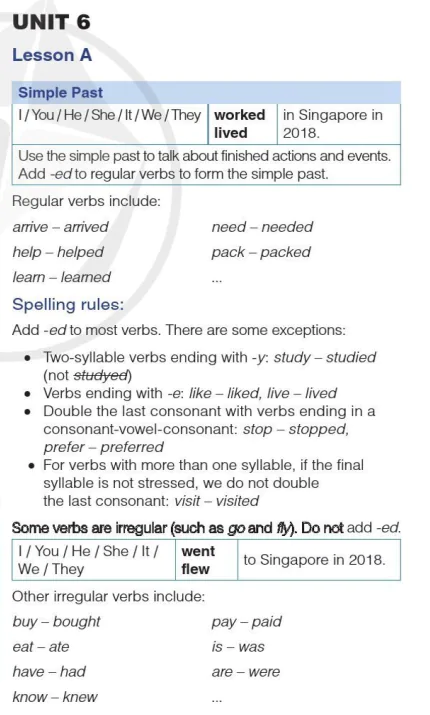

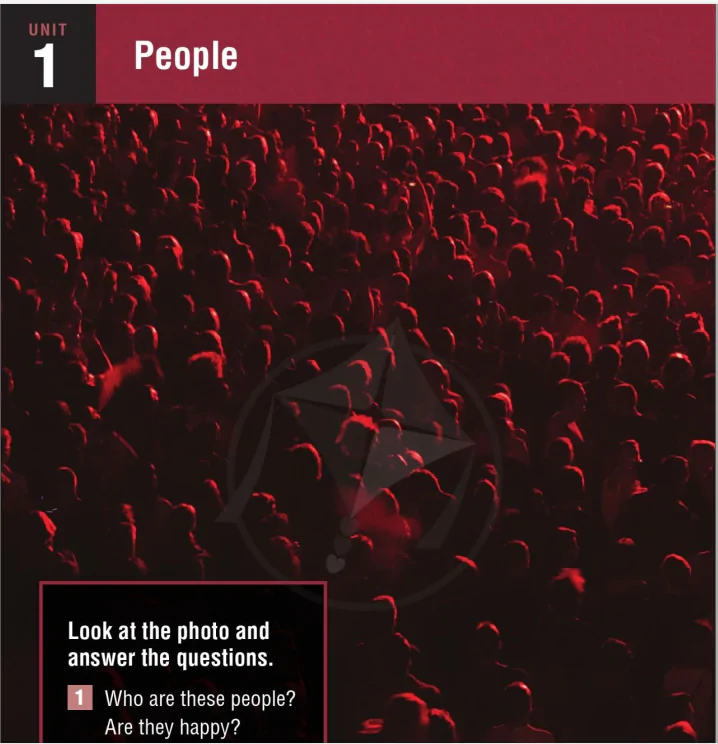
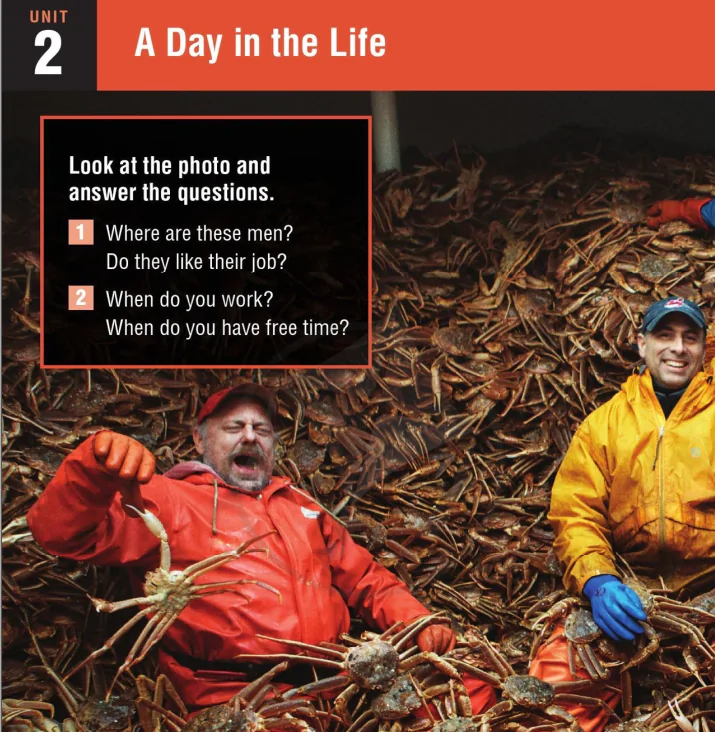
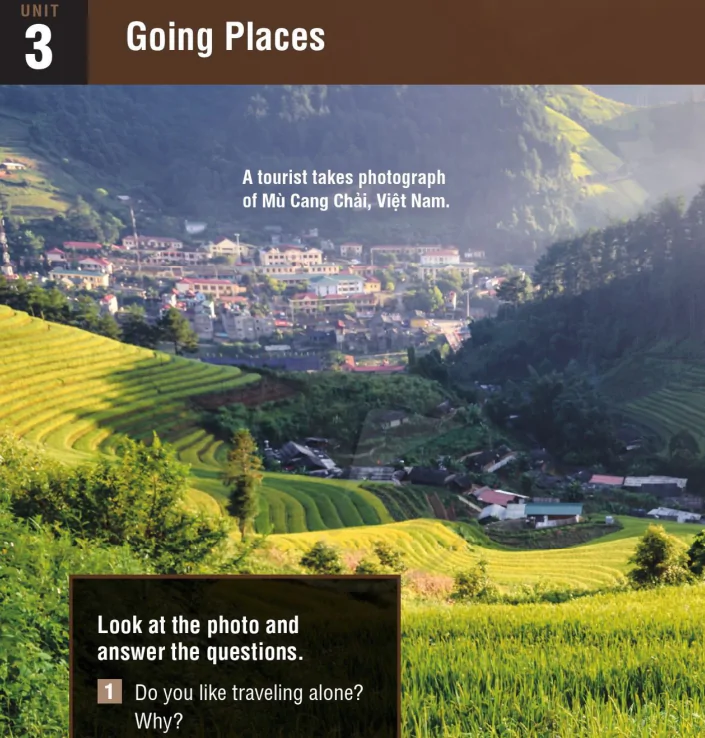
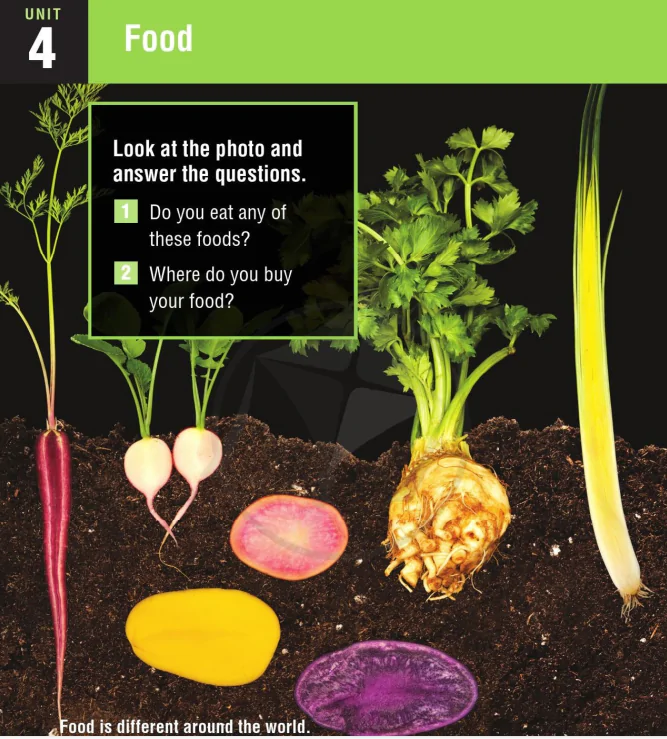
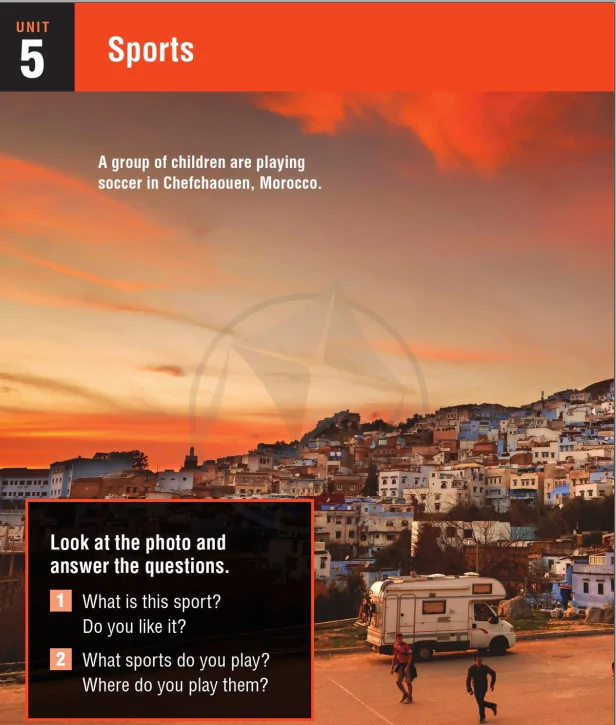
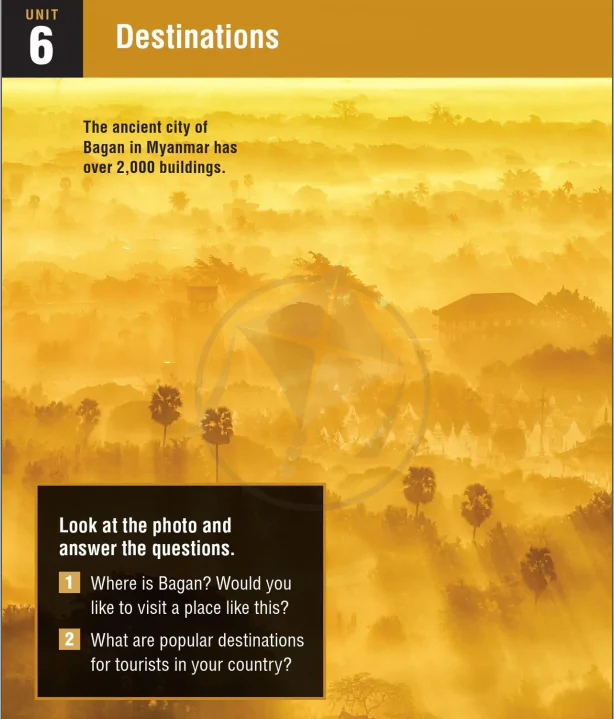
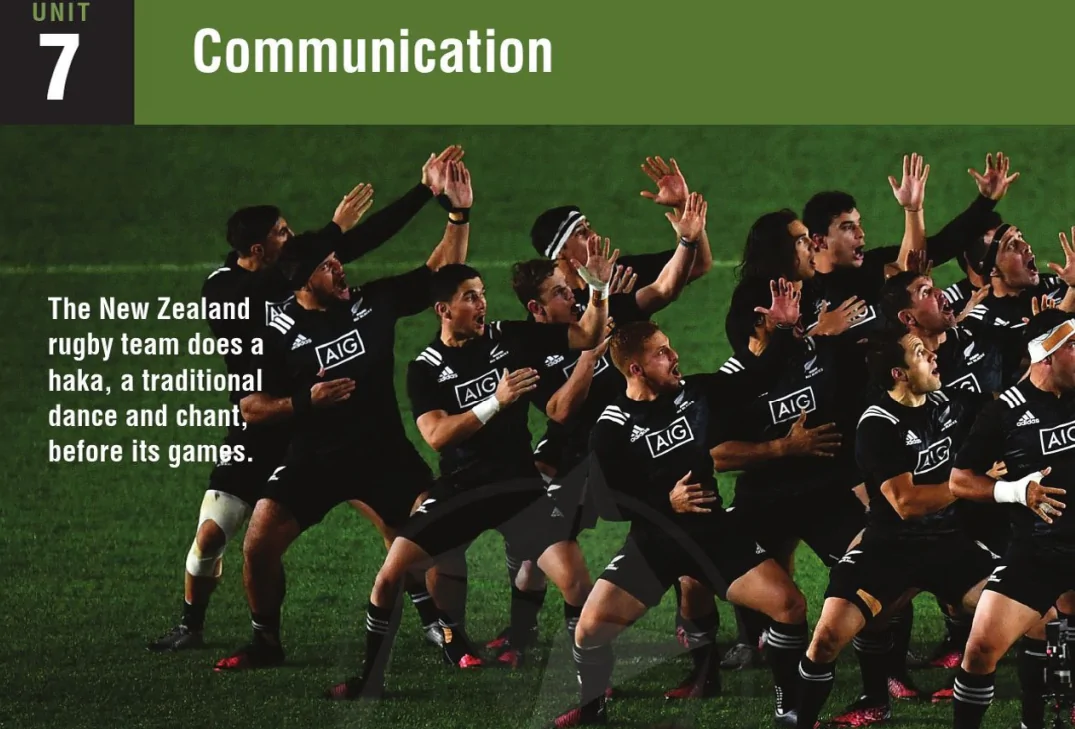
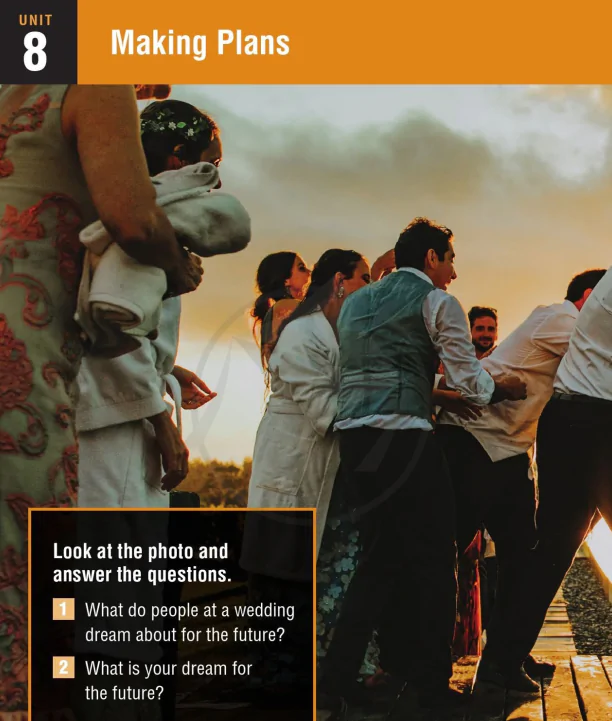
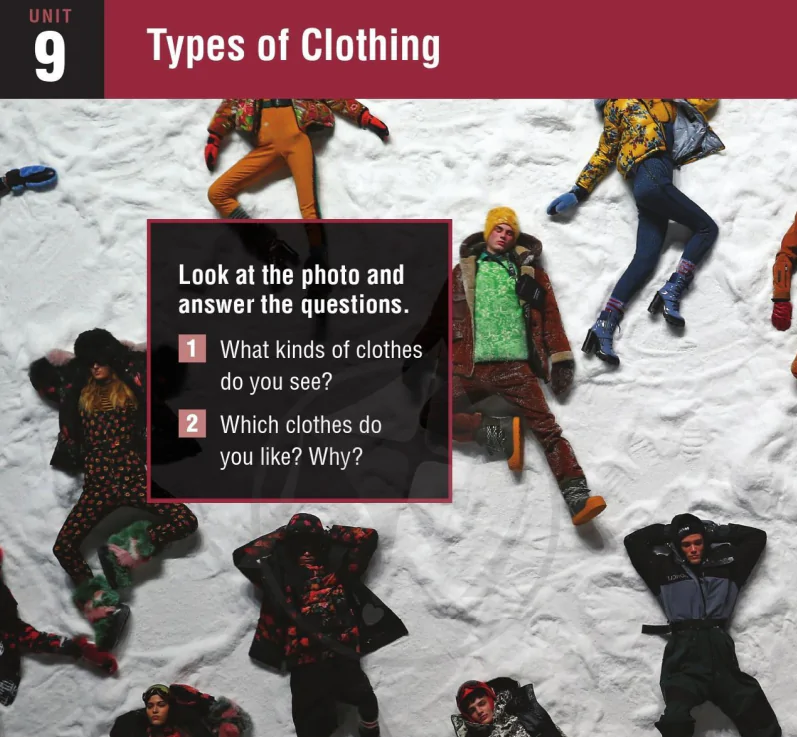
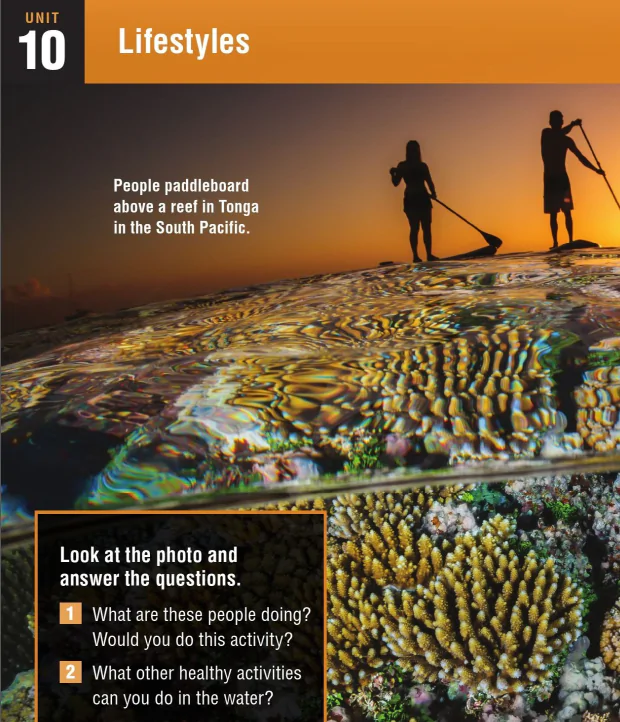
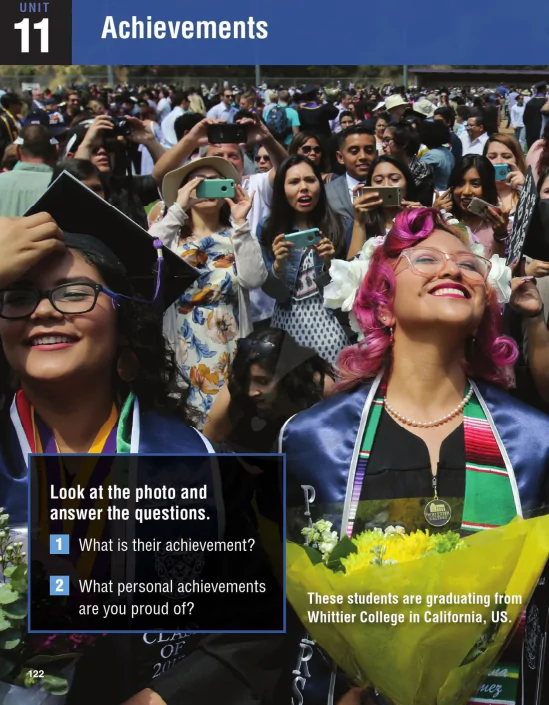
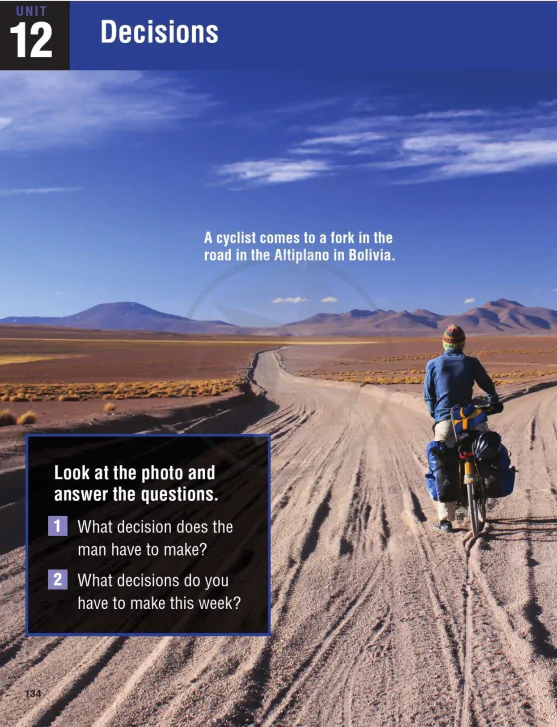
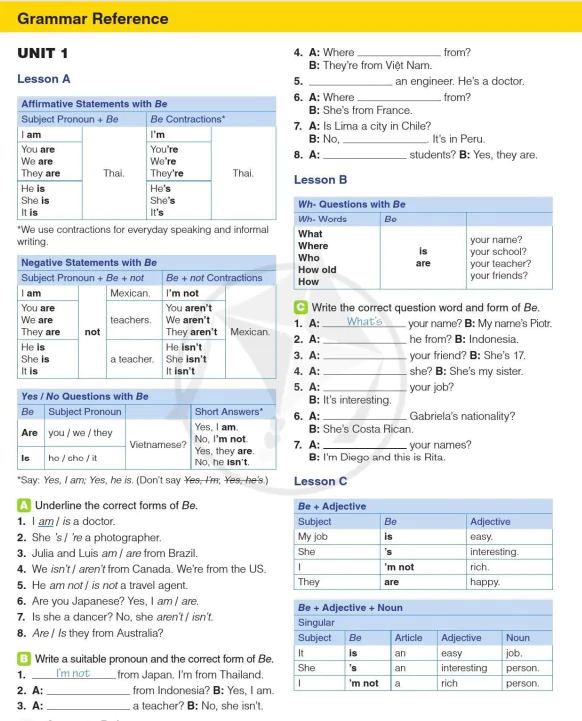
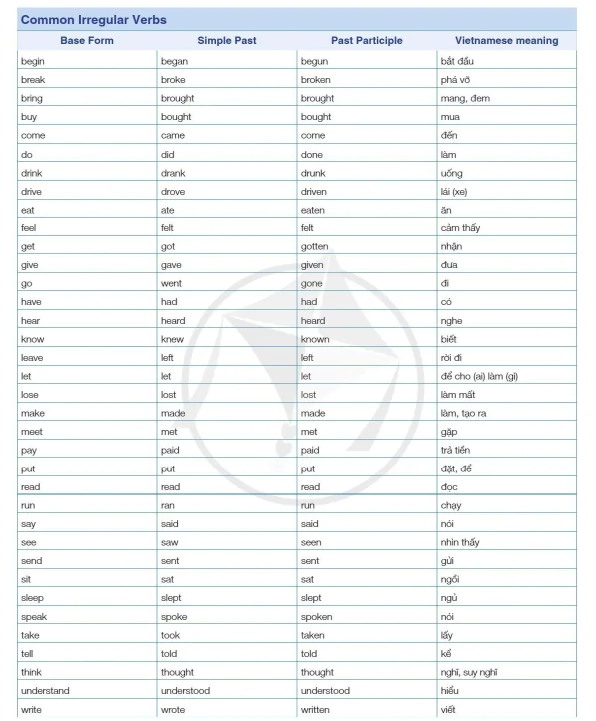
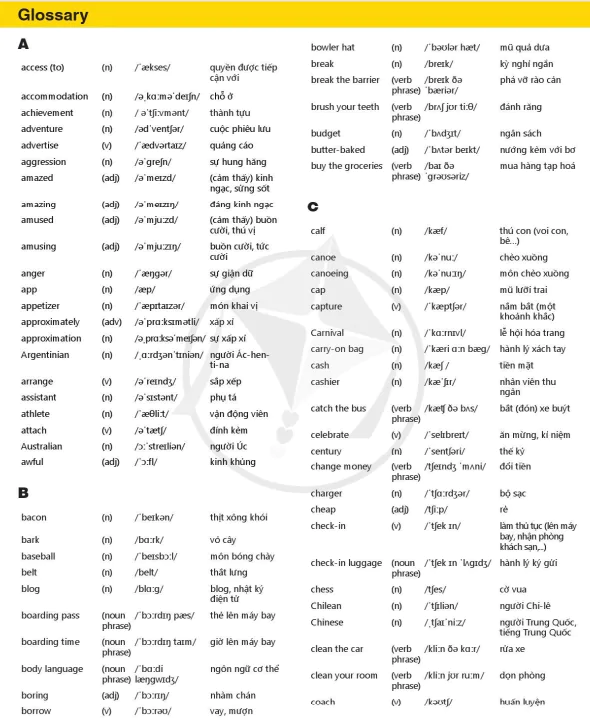

















Bình Luận
Để Lại Bình Luận Của Bạn